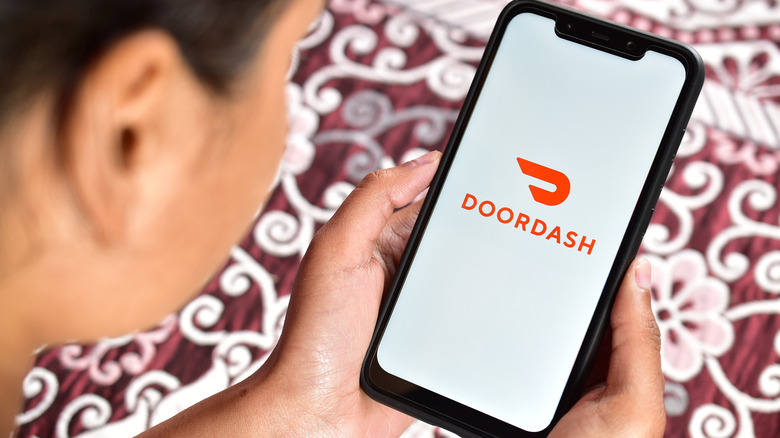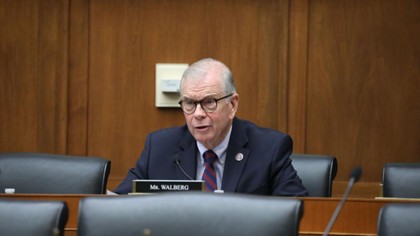The Education Industry Can Take a Lesson from DoorDash
by Jennifer Roberts
It’s Sunday morning and I am enjoying my monthly “whoosah weekend.” I rested well (much better than I normally do) and missed the hotel’s complimentary breakfast. This hotel doesn’t offer room service, so I ordered breakfast from a local diner using Door Dash. I am not a frequent Door Dash user but over the last few months I have been utilizing the service more frequently. Each time I place an order I feel like a kid watching candy be made; it’s a wondrous experience. I never fail to be impressed with the options and efficiency that Door Dash offers and how seamlessly it achieves its goals. Like placing an order on Amazon, the process is almost too easy, and the results consistently meet my expectations.
The masterminds behind Door Dash created this platform with thought and intentionality and it is highly effective. In a matter of minutes, from the comfort of my hotel room, I clicked my way to the breakfast of my choice and had it delivered to me. From the Door Dash App, I watched my order be placed, prepared, picked up by my dasher and delivered to the hotel lobby. I knew my dasher’s name, how to get in contact with him and the exact moment my food was delivered to the hotel lobby. He even included a picture of my food sitting on the shelf. There was even an option in the app to enter my hotel room number to make it easier for the hotel staff to communicate with the dasher if needed. Whoa!
I have known for a very long time that my mind doesn’t work like most people’s and I’m OK with that. Unlike most people, I relate daily experiences to the way in which we educate children in the United States. And so, as I placed my Door Dash order this morning, I couldn’t help but think about how the Door Dash leaders created a system to have hot food delivered to my door in a matter of minutes but how leaders of the American public education system have not figured out how to educate children equitably and effectively. The conclusion that I keep landing on is that the public education system does not desire to educate American children equitably and effectively. There is a grave lack of will because it really isn’t rocket science.
The American public education system is approximately 389 years old. That’s a long time to either help children or harm them. Since its inception, it has undergone many iterations resulting in the current, ambiguous system which is failing students.
By stark contrast, Door Dash is an 11-year-old company that is successfully serving millions of customers globally with a clear and measurable goal. According to Door Dash, Inc., the mission is centered on “revolutionizing the way people access local businesses, particularly in the food and restaurant industry, by providing seamless and efficient on-demand delivery services.” And boy does it deliver on this mission (pun intended).
Instead of public school being an incubator for imagination and personal growth, it is a legally mandated holding place for children ages 5-18. In Virginia, the compulsory attendance laws dictate that a child must participate in some form of state approved education until he/she turns 18 at which time, he/she is no longer required to participate in some form of state approved education. Thirteen years is a long time to require anything of anyone, especially a child and for many students, school feels more like a prison sentence than an educational exploration or season of self-discovery. What a waste of valuable time. At the end of the 13 years, there should be some redeemable guarantee but there isn’t.
Students are released into the world with a diploma that says some version of “This document certifies that [student name] has completed the course of study required to graduate from [school name].” My oldest child will graduate from a public high school in May and my only solace is, “I’m glad she’s done and can now go on to study what interests her.” How morbid. My less than favorable experience with public education strengthens my conviction that children and their families must have other educational options beyond public school and that it is possible for learning to be enjoyed not simply endured.
Education in its purest form is a beautiful, creative, lifelong journey that is student-led with guidance from the adults in the learning community. There are countless ways of engaging children, parents/guardians/caregivers and community members in meaningful learning experiences. This is one of the reasons why field trips, projects, science experiments and leisurely afternoons of free play are so impactful. They engage students in ways that peak their natural curiosity and invite them to learn in exciting way. This experience shouldn’t be reserved for special occasions a few times a year, it can be in some way be a normal party of leaning everyday.
It is possible to place our children at the center of their learning and engage parents as authentic partners and experts on their children. It is possible to create learning environments in which educators are not expected or required to be the authority on every aspect of learning and that he/she is invited to learn alongside his/her students and to learn from them. By offering parents/guardians/caregivers options, they can choose the option that is the best fit for their child. They are empowered to decide what their child needs and to work with the educators that they have chosen to educate their child. And this choice should not be reserved for those who can comfortably pay for alternative education. It should be available to every child and every family.
According to U.S. News and World Report, the average per pupil spending for Prince William County Schools is $12,235. If a parent/guardian/caregiver is interested in exploring alternative, state approved education alternatives for their child, they should have the choice to apply the funding attached to their child to the educational option of their choosing. The funds should follow the child. As it stands now, the state of Virginia which Includes Prince William County has students in a stronghold because it is not a school choice state (www.edchoice.org).
After many years of praying, hoping, attempting to partner, meeting with district employees, creating options for more flexibility in the classroom, providing feedback, volunteering and advocating, I no longer have faith that there are enough people in the public education system to provide the education that children need and deserve. There must be more accessible alternatives that serve different kinds of students.
And in less than the time that it took me write this post, my French toast, bacon and coffee were delivered to my hotel. Door Dash’s system worked. It did exactly what it set out to do and I am a happy customer. The best part (besides the French toast) was that using Door Dash was my choice. Families of school-aged children deserve the same.



